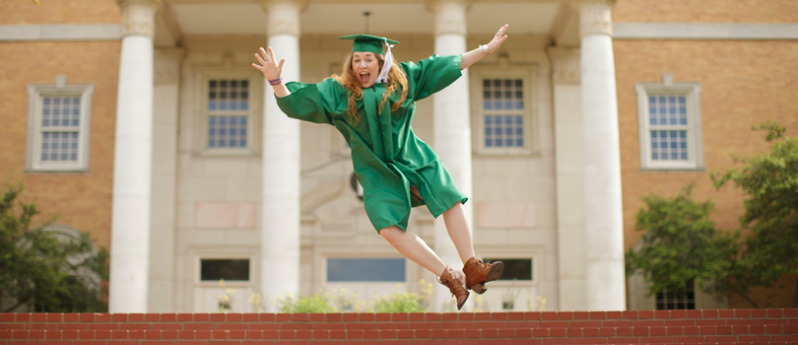How many of us had good friends in college but lost track of them over the years?
Relationships are more tenuous than we think. They appear solid when students share a common experience, when they see each other every day in class or on the playing surface. However these seemingly unbreakable bonds are often eroded by time and distance after graduation. People move away. They get busy. We lose touch.
There’s a lesson in this for colleges striving to build a lifelong relationship with alumni, especially younger graduates who are just starting their careers and finding their way in the world.
As ardent fans during their time on campus, many of these supporters are your season ticket holders and major donors of the future, yet athletics departments can let opportunities slip through their fingers by trying to turn young alumni into donors too quickly.
With minimal disposable income, recent graduates simply don’t have the money to afford expensive tickets, parking, concessions, team gear and regular donations. But as fans, they have a desire to stay connected. Athletics departments need to keep this in mind when trying to monetize their young alumni. Tickets to a single game or a discounted multi-pack for a less popular sport may be in their budget and keep them coming back to campus. A small ask – like a gift of $20.19 in 2019 – may also be something they can swing.
Done right, micro-donations can add up to big revenue and keep graduates feeling connected until they can give more. As an example, Cal Poly sets its recommended donation slightly higher when targeting alumni that have a personal history with the athletics program.
That relationship with students truly begins to blossom while they are still on campus, when they are discovering who they are as people and what values they cherish. We need to encourage their youthful enthusiasm as well as their passion and loyalty for the school, its sports teams and one another.
Then, athletics departments must continue nurturing those relationships in the early years after graduation. If we show young alumni that we still care after graduation, they are more likely to feel that this is a relationship that is meaningful to them.
There are many ways to do this – and the right technology can play a huge role. Athletics departments must keep in touch with recent graduates through proactive, intelligent and engaging communications. Marketing automation is one strategy to consider, however your outreach must be segmented and tailored to its target audience. For example, a 20-something graduate is less likely to rush to the mailbox and tear open a letter from his alma mater than to read emails and engage with interesting Snaps, Instagram posts and Tweets. We need to speak their language, share compelling content that fosters a sense of community and reach out where they are already hanging out. Digital communications are also important because many alumni will not continue to live locally.
For those who do stay local, consider tailoring events specifically for young alumni, like a monthly social at a local pub or a reserved tailgate space on game day. This will allow them to share stories with other fans and feel like part of the team even on days when money is tight. Low cost special events for alumni who live in other cities can be equally powerful.
Even if they’re super fans, many young alumni will not be able to afford season tickets and regular donations until many years after graduation. Consider creative ticket offers or young alumni passes that keep them connected to your athletics program. Don’t make the relationship about money and try to turn them into donors too quickly.
Instead, be patient. Make the early years about fostering loyalty. Build the relationships, cherish the connections and put the systems in place so that all your hard work will pay off down the road.
